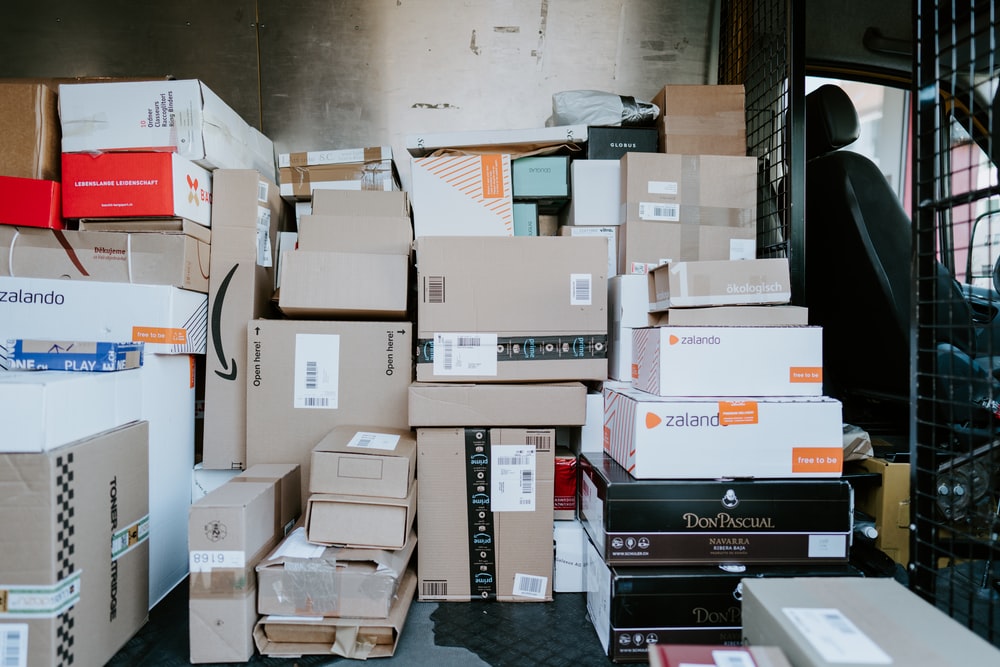The novel coronavirus, also known as COVID-19, has had a significant impact on logistics and transportation around the world. The pandemic has led to a decrease in global trade and has resulted in disruptions to supply chains. As a result, the logistics and transportation industry is facing significant challenges.Â
The logistics industry has been one of the most essential during the COVID-19 pandemic. Goods need to continue to move, even when people are staying home. This industry has kept the shelves stocked and supplied during these unprecedented times. However, as we look toward the future and the potential long-term impact of COVID-19, it is essential to consider how this might affect the logistics industry.
How Has The Pandemic Impacted Cargo & Logistic Transportation?Â
The COVID-19 pandemic has impacted all aspects of life, including the cargo and logistics industry. Cargo transportation has been impacted in several ways, including a decrease in demand, an increase in costs, and disruptions to supply chains.
The pandemic has also decreased global trade as businesses have closed their doors, and consumers have cut back on spending. This has had a knock-on effect on the demand for freight services, with many companies facing a dramatic drop in shipments.
The decrease in demand is due to a decrease in global trade as businesses worldwide have shut down. This has resulted in a decrease in the number of containers being shipped and in the utilisation of container ships. The cost increase is due to several factors, including fuel costs, port fees, and labour costs. And the disruptions to supply chains have been caused by several factors, including port closures, travel restrictions, and a lack of available containers.

How Can Logistics Transport Businesses Prepare For The Long-Term Impacts Of COVID-19?Â
There is no one-size-fits-all answer to this question, as the long-term impacts of COVID-19 will vary depending on the specific business and industry. However, some tips that logistics transport businesses can follow to prepare for the long-term impacts of COVID-19 include:
• Flexible Scheduling
One of the ways that businesses in the cargo and logistics industry have been able to adapt to the challenges posed by the pandemic is by flexible scheduling. To accommodate the decrease in demand, businesses have been able to adjust their schedules to meet the needs of their customers.
For example, instead of operating on a 24/7 basis, businesses have been able to operate on a 12-hour schedule. This has allowed businesses to reduce their costs while still meeting the needs of their customers.
• Diversification
Another way businesses in the cargo and logistics industry have adapted to the challenges posed by the pandemic is by diversification. Businesses have been able to diversify their products and services to meet their customers' needs and branch out into different market niches. Don't rely on a single customer or group of customers for most of your business. This will make you more resilient to demand changes or supply chain disruptions. This diversification has allowed companies to continue growing even during testing times like the pandemic.
• Increased use of technology
Another way businesses in the cargo and logistics industry have adapted to the challenges posed by the pandemic is by the increased use of technology. Businesses have used technology to automate their processes and improve their communication with their customers.
• Outsourcing
Another solution that companies have used to increase productivity during the Covid-19 outbreak is outsourcing. Businesses have used outsourcing to contract professional logistical services while ensuring social distancing. Outsourcing has proved highly beneficial for many companies, enabling them to diversify their services and maintain efficient operations.
By outsourcing logistics, businesses can take advantage of economies of scale, making it easier to thrive during the "new normal". Furthermore, outsourcing ensures social distancing and reduces the risks of infection between employees. However, when outsourcing logistics services, businesses should ensure that they partner with reputable logistics providers who can meet their customers' needs and help them increase productivity during the pandemic.
Conclusion
It is still too early to tell what the long-term impact of COVID-19 will be on the Logistic Transportation Industry. However, the pandemic may have a lasting impact on businesses' operations. The pandemic has already accelerated the trend toward digitalization and e-commerce, and this trend will likely continue in the post-COVID world. This could reduce the need for physical warehouses and distribution centres, as more goods are shipped directly to consumers. Additionally, the pandemic has highlighted the importance of supply chain resilience, and businesses may prioritise agility and flexibility in their supply chains in the future.





